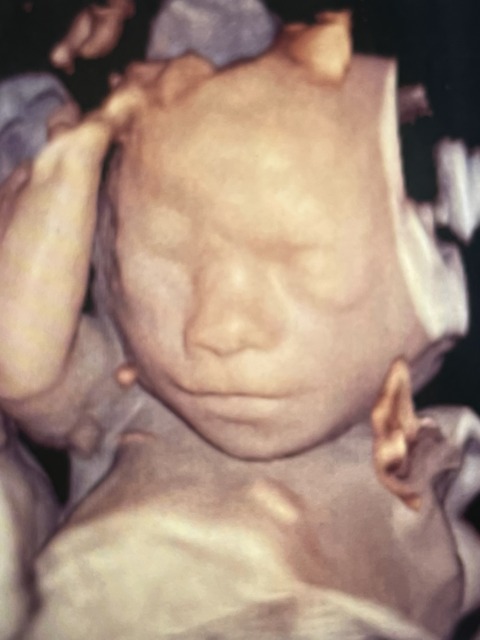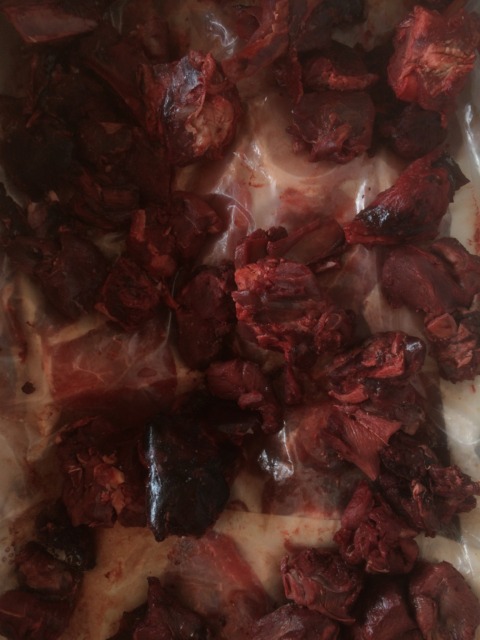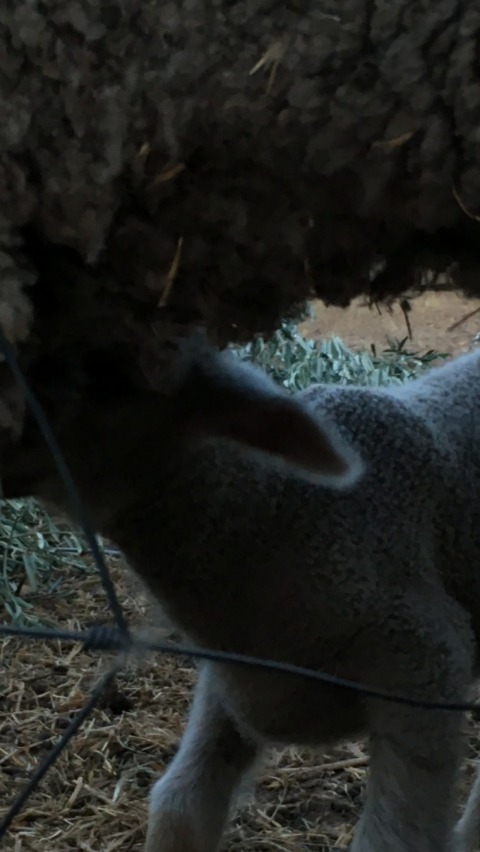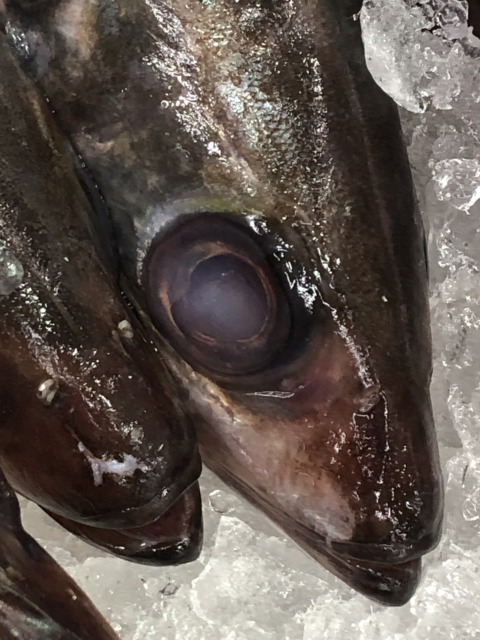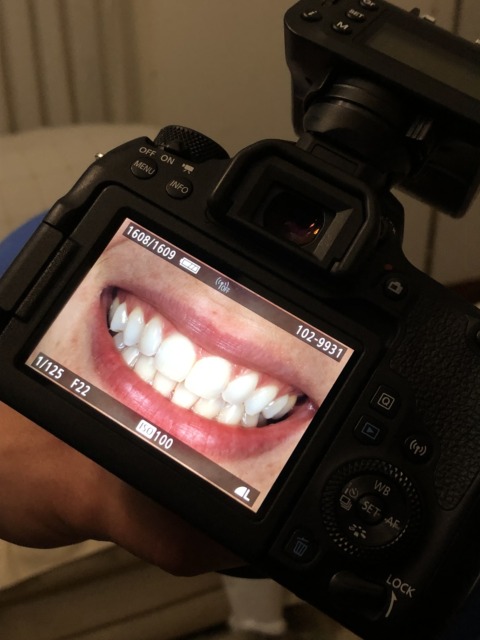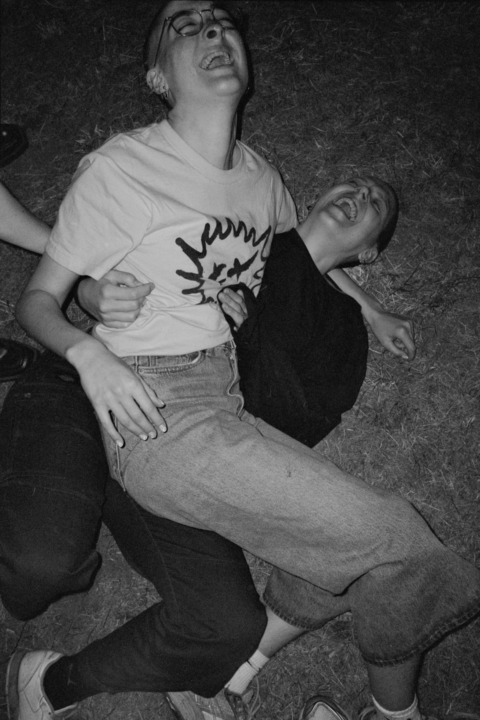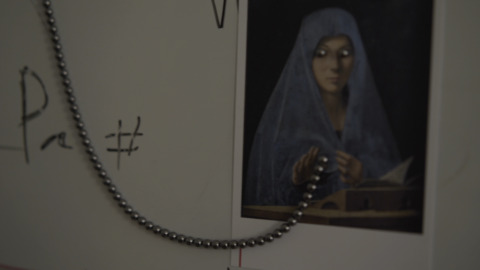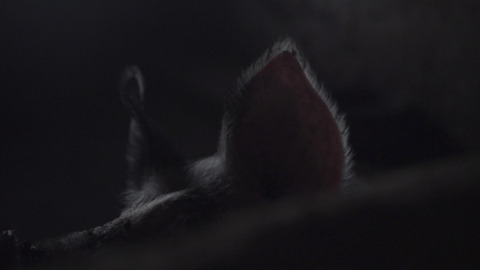Notice: The film contains a scene of graphic cruelty to animals that may be challenging for some viewers.
On that day, my mother asked me to join her on a trip to Cacinheira, a small town in a displaced country. My grandmother was in charge of raising a few ducks during the last months. In her words, ”because your mother bought the cattle,” that was the day the animals would die. Certainly, the time between 2008 and today changed the way I see these images. When I was writing the subtitles where the protagonist speaks about two recent deaths, it echoed: “the mother of Calhavaca and the wife of Branco”. But who are the dead women they speak about? We know a few details about one’s funeral and that the other was frequenting the nursing home. However, what stands is that one is a mother and the other a wife. They speak about the mother of Calhavaca and the wife of Branco. It feels as if it is the tragedy of Calhava and Branco, a son and a husband, while everything else was as normal as plucking ducks. In Portuguese, a morte (the dead) is a feminine word. As feminine as the act of killing. It is the women who alone mourn the lost ones, and share the news with comfort and compassion. For us, the others, the image of duck bleeding is simply unbearable – it’s easier to stay hidden, just as the camera behind the first scene.
Coisa de Mulheres (Women’s Thing) features Maria Celeste Gameiro, Lídia Sousa, Emília Apolinário, Maria Rosa Gameiro and Diogo Sousa. It was reedited from tape in 2017 and screened in 2019 during the release of the second issue of 50²20¹.
